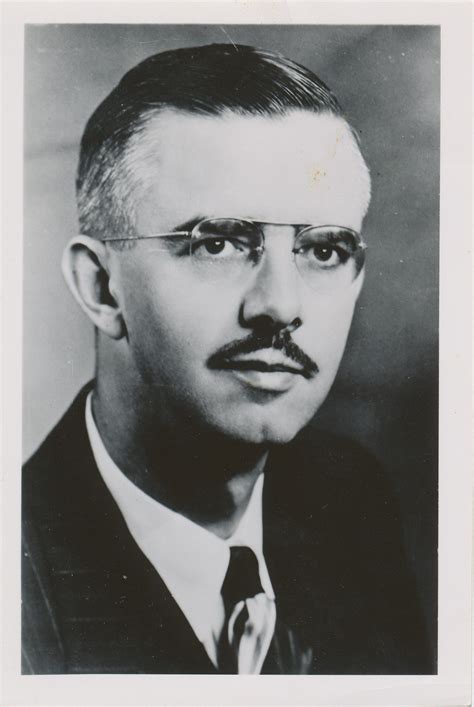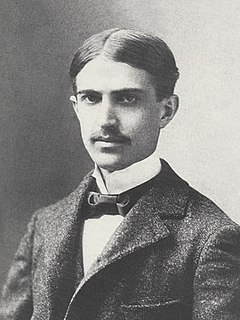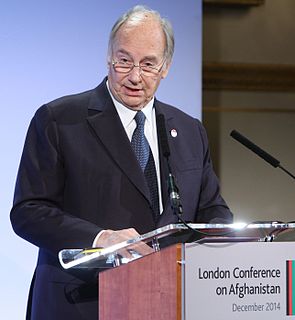A Quote by Cat Stevens
Salman Rushdie, indeed any writer who abuses the prophet or indeed any prophet under Islamic law, the sentence for that is actually death.
Related Quotes
In Islam there is a line between let's say freedom and the line which is then transgressed into immorality and irresponsibility and I think as far as this writer is concerned, unfortunately, he has been irresponsible with his freedom of speech. Salman Rushdie or indeed any writer who abuses the prophet, or indeed any prophet, under Islamic law, the sentence for that is actually death. It's got to be seen as a deterrent, so that other people should not commit the same mistake again.
The first rules about Islamic law weren't even written down for a century and a half after the Prophet's death, and it was another five centuries, half a millennium, before they assumed anything like a definitive form. So there have always been huge arguments over what Islamic law actually requires. There are four main schools of law in Sunni thought and there's a separate school of law in Shia thought, so these arguments do take place.
Muslims consider the honor of the Prophet Muhammad to be dearer to them than that of their parents or even themselves. To defend it is considered to be an obligation upon them. The strict punishment if found guilty of this crime under sharia, the Islamic law, is capital punishment implementable by an Islamic State. This is because the Messenger Muhammad said, ‘Whoever insults a Prophet, kill him.’
Jesus’ message of the Kingdom of God is the announcement by word and deed that God is acting and manifesting dynamically his redemptive will in history. God is seeking out sinners; he is inviting them to enter into the messianic blessing; he is demanding of them a favorable response to his gracious offer. God has again spoken. A new prophet has appeared, indeed one who is more than a prophet, one who bring to people the very blessings he promises.
In Islamic belief, knowledge is two-fold. There is that revealed through the Holy Prophet (s.a.s.) and that which man discovers by virtue of his own intellect. Nor do these two involve any contradiction, provided man remembers that his own mind is itself the creation of God. Without this humility, no balance is possible. With it, there are no barriers. Indeed, one strength of Islam has always lain in its belief that creation is not static but continuous, that through scientific and other endeavours, God has opened and continues to open new windows for us to see the marvels of His creation
An unusual thing happened after that great first vision. The Prophet Joseph received no additional communication for three years. However, he did not wonder, he did not question, he did not doubt the Lord. The Prophet Joseph patiently waited. The Prophet Joseph taught us the principle of patience-by example.


































